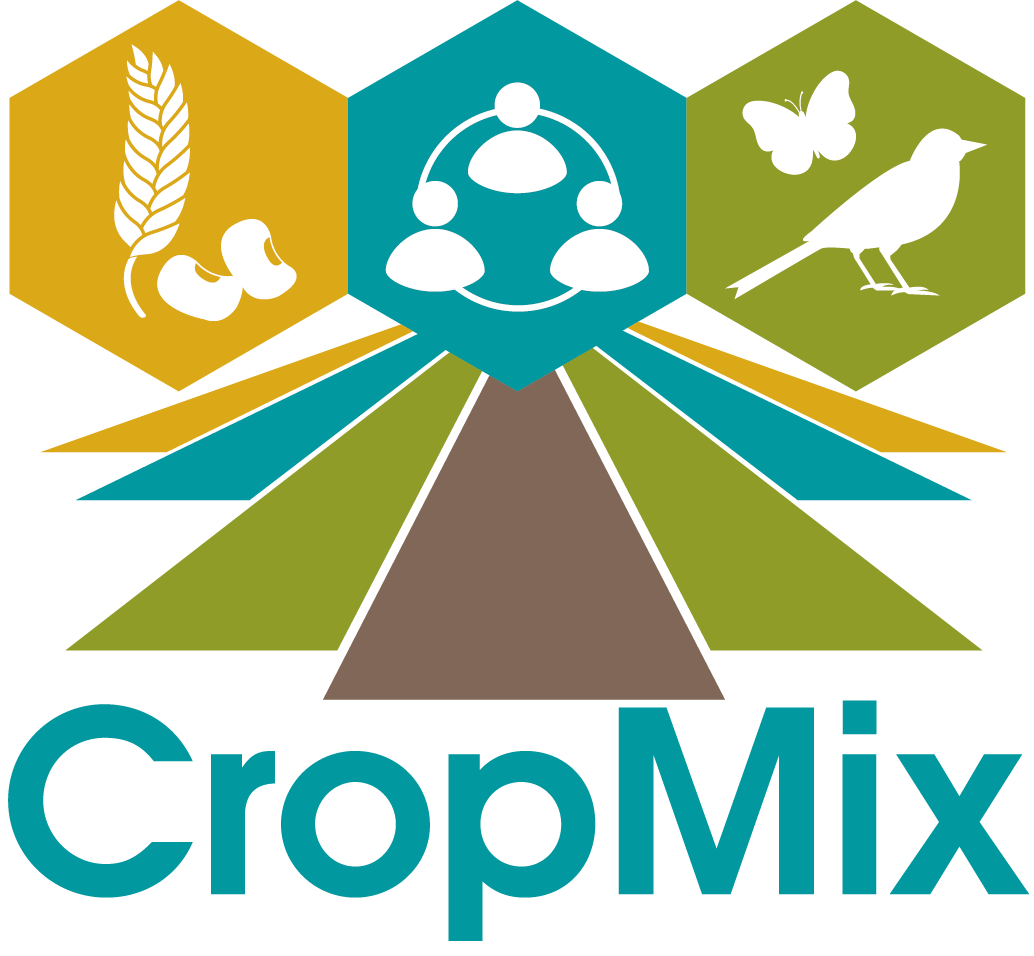
Researcher
Gabriele Bolletta
PhD candidate
Wageningen University & Research
I am deeply intrigued by the complexities of ecological interactions and my aim is to investigate how we can influence them to support more sustainable and efficient food production. I developed a strong interest in entomology and ecology during my bachelor's degree at the University of Perugia and further deepened during my master's studies at Wageningen University. This profound passion for ecological interactions has motivated me to seek ways to preserve these intricate systems. Therefore, I decided to focus on biological control of insects which allows me to delve into the study of the systems I am passionate about while developing practical tools for farmers to safeguard them.
Research project
Project: 1.2.3. Effects of plant diversity on biocontrol of insect pests
My research focuses on exploring diverse cropping systems to enhance biocontrol of insect pests. I aim to identify crop designs that effectively suppress pests and investigate the underlying mechanisms. The primary objective is to develop ecology-based strategies for farmers to reduce pest pressure and minimize pesticide use in agroecosystems. To achieve this, we will assess the impact of plant diversity and intercropping on promoting naturally occurring beneficial insects. Additionally, we aim to refine crop designs by considering plant traits and incorporating floral nectar to increase biocontrol efficacy in the field. Lastly, the research aims to integrate agroecological approaches with augmentative biocontrol techniques, incorporating the release of natural enemies in strategically designed cropping systems to maximize effectiveness.
Related projects
- Sustainable weed suppression > Amandrie Louw
- Resistance to herbivores and pathogens > Andi Dirham Nasruddin
- Optimizing microclimate-informed intercropping systems for sustainable agriculture > Ana Ferreira Ernst
Results and news
May, 2024
Precursor to natural pest management research within CropMix, is the research of Luuk Croijmans (WUR). Luuk conducted his research within the system experiments in Wageningen and Lelystad that are now part of CropMix.
Luuk studied the effect of strip cropping on biological pest control of cabbage white caterpillars by parasitic wasps. ‘When we grow different crops in narrow strips, parasitic wasps manage to suppress cabbage white caterpillars better. As a result, agricultural crops are better protected from predation, and a grower needs less pesticides,’ Luuk said.
In the mini documentary below by Hans Smid you can see the fascinating process of biological control and the findings of the research. Luuk explains what parasitic wasps are, what they do, and how they can help us make the agricultural system more sustainable by using natural processes.
The coming years, Gabriele Bolletta will continue to work on the research into biological pest control in diverse cropping systems.
Researchers involved
- Erik H. Poelman
- Felix J. J. A. Bianchi
Related research
- Sustainable weed suppression
- Resistance to herbivores and pathogens
- Optimising micro-climated informed intercropping systems
Other research from work package 1
Our work packages
This work package focuses on above-ground and below-ground interactions. We look at the interactions between plants, crops, insects and other species living in the field and the differences between strip cropping and monocultures.
Work package 2 looks at the economic feasibility of investments for farmers to switch to more crop-diverse systems, such as strip farming, and what factors influence their willingness to engage in ecologically sound farming.
We want to identify different transition pathways applicable to different situations. Think of farmers with wide strips and long value chains, but also farmers with narrow strips marketing in a short chain. Or perhaps very different cropping systems that use crop diversity, such as agroforestry. We also look at what consumers and other stakeholders think and their role in the transition to more sustainable agriculture.



